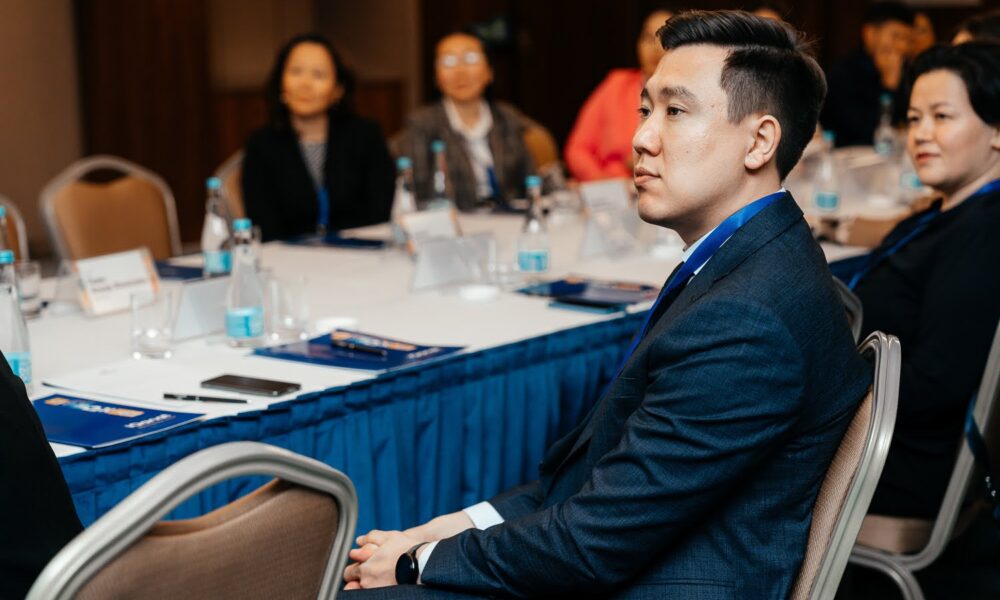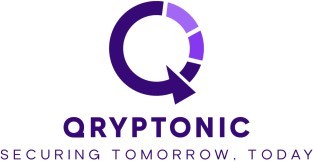How the private education sector is leading educational revolution across the globe: an insight from Ilyas Taltakov

The global demand for private education is on the rise, driven by parents seeking specialized programs, better facilities, and modern teaching methods. According to research from The World Bank, private school enrollment in developing countries has seen a sharp increase as families look for alternatives to traditional public schooling. Emerging markets in regions such as Asia, Latin America, and Africa are experiencing a surge in private educational investments, as governments focus on upgrading their education systems and meeting the needs of growing middle-class populations.
Countries like India, Brazil, and Nigeria are leading the way in the expansion of private schools, where the quality of public education is struggling to keep up with the demands of an increasingly urbanized and educated society. The private sector, often focusing on STEM (Science, Technology, Engineering, and Mathematics) programs, has become a key player in shaping the future of education in these regions. As investors look for opportunities in education infrastructure, Kazakhstan has emerged as a key player, offering insights into how emerging markets can balance both innovation and access.
One such example is the Quantum STEM School in Kazakhstan, a standout project that has become a model for modern education in Central Asia. The development of this school was led by Ilyas Taltakov, a project coordinator and strategic development expert, who played a pivotal role in shaping the school’s design, curriculum, and financial sustainability. “The launch of Quantum STEM School was more than just building a school,” Mr. Taltakov notes. “It was about creating a model that addresses the growing demand for STEM education while ensuring financial and operational sustainability.”
Like many other emerging markets, Kazakhstan has seen a growing need for private educational institutions, especially as families seek higher-quality learning environments. The Quantum STEM School, with its focus on science and technology, has drawn over 5,000 applicants for just 1,000 spots, highlighting the pent-up demand for specialized education.
Efforts to modernize the educational systems around the globe reflect world trends in private schooling. Similar to successful private school chains like GEMS Education in the Middle East or the Delhi Public School Society in India, Kazakhstan is tapping into the private sector to provide alternatives to overburdened public systems. These institutions are increasingly seen as providing higher-quality, more focused education, particularly in technical and STEM subjects.
Mr. Taltakov’s involvement in developing Quantum STEM School reflects the broader role private companies play in filling gaps in public education systems. “We knew that the demand for a specialized curriculum was there,” Mr. Taltakov says. “Our challenge was in creating a financially sustainable model that could also serve as a blueprint for other private schools across the globe.”
Building and maintaining private schools in emerging markets is not without its challenges. Regulatory hurdles, financial sustainability, and ensuring access for students from various socioeconomic backgrounds remain key issues. Countries like India have seen both successes and failures in private school ventures, where affordability and quality need to be balanced carefully.
Projects like Quantum STEM School are shaping the future of the country’s educational landscape. As Mr. Taltakov points out, “One of the biggest hurdles is balancing high educational standards with affordability. Our goal was to create a school that could offer world-class education without pricing out families who are eager to provide better opportunities for their children.”
The government’s of different countries are pushing for more private-sector involvement in education as part of a broader strategy to improve human capital and prepare students for the global workforce.
The rise of private education in developing countries represents a significant shift in how education is funded and delivered. As investors and developers continue to explore these opportunities, Quantum STEM School provides a valuable case study in how private institutions can play a transformative role in educational development. The demand for high-quality STEM education, combined with the need for financial sustainability, is likely to guide the future of private schooling across emerging markets.
Mr. Taltakov’s work serves as an example of how private initiatives can complement public education efforts, helping countries modernize their educational systems while addressing specific needs. “Private education is about more than just filling gaps,” Mr. Taltakov concludes. “It’s about creating sustainable models that can elevate the entire educational landscape of a country, providing opportunities for students and preparing them for future challenges.”





